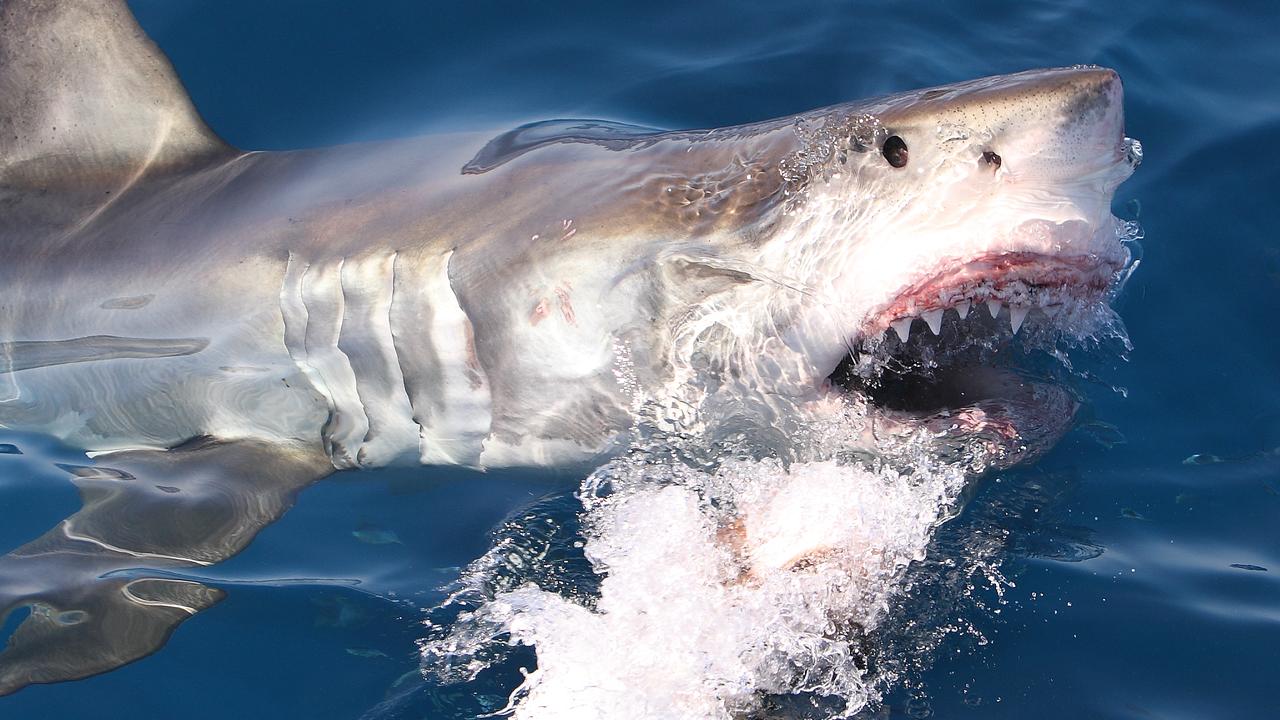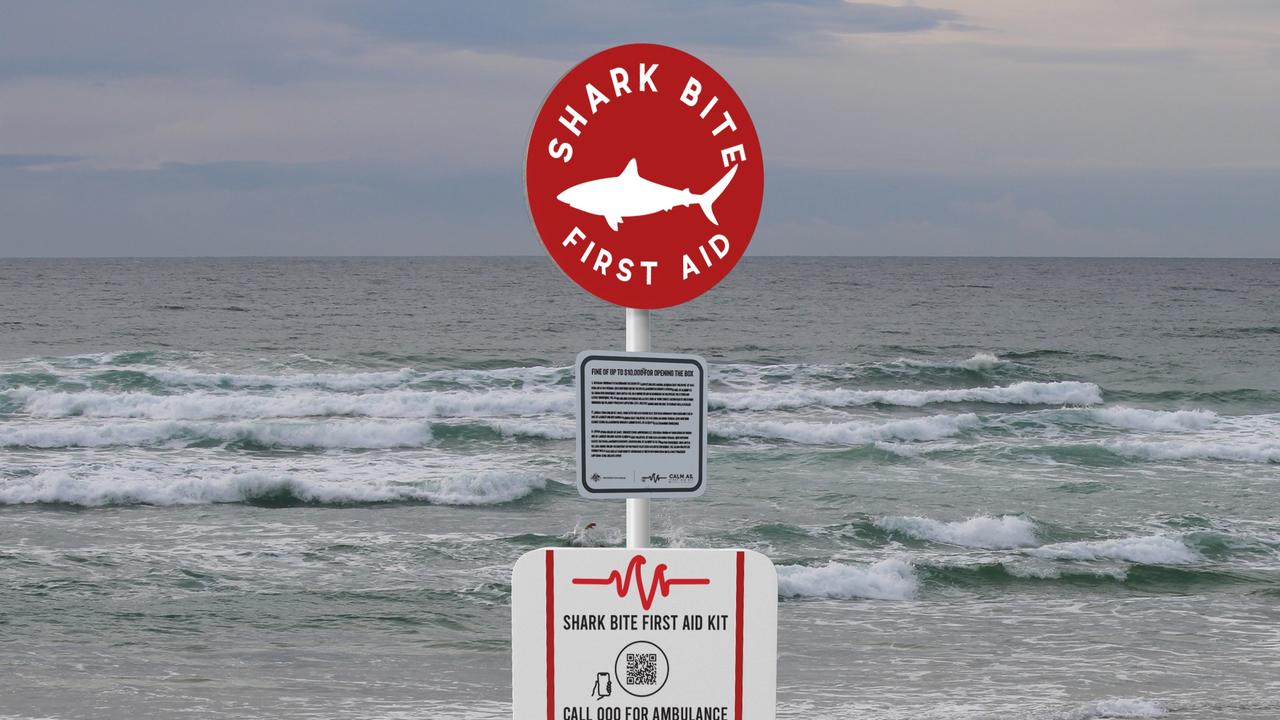Shark attacks rebranded as ‘negative encounters’ or ‘interactions’
Australian authorities are pushing to rebrand shark attacks as “negative encounters” in a bid to destigmatise the misunderstood creatures.
Australian authorities pushing to rebrand shark attacks as “negative encounters” or “interactions”.
Campaigners have long called for a change in the language used to describe shark attacks to boost conservation efforts and alter perceptions of the misunderstood creatures as vicious.
The Australian Marine Conservation Society, along with the Queensland and NSW state governments, have already taken the step.
In the Sunshine State, a government website set up to monitor incidents describes them as “negative encounters”, while in NSW, the Department of Primary Industries points out that victims often refer to their own experiences as “incidents of interactions”.
The Department has worked closely with Bite Club, a support group for shark attack survivors, to inform its language.
“Bites” will be preferenced over “attacks” in Queensland’s communications on shark incidents, based on social research.
RELATED: Spider could save heart attack victims

Speaking to The Sydney Morning Herald last week, University of Sydney researcher Christopher Pepin-Neff said such encounters have been dubbed locally as “shark accidents” since before the 1930s, when a prominent surgeon began to describe them as attacks and shark nets were introduced on city beaches around the country.
Dr Pepin-Neff told the paper the shift in language “has been coming for a while”.
“‘Shark attack’ is a lie,” he said, noting that more than a third of encounters left no injury at all, while others include minor bites from small sharks that would not have been a predatory action.
Eight people were killed in shark attacks in Australia last year.
Shark researcher at the Australian Marine Conversation Society, Leonardo Guida, said choice of words is important “because it helps dispel inherent assumptions that sharks are ravenous, mindless man-eating monsters”.
RELATED: Man films dramatic encounter with shark

The public can difference between dog bites and dogs attacks, Dr Guida said, and avoiding the term “attacks” in reporting shark incidents “helps improve the public’s understanding of sharks and how they behave”.
Avoiding the use of “attacks” also aids preservation of the animals — numbers of which are globally in decline because of pollution, overfishing and the increasing impacts of climate change.
Great Whites, the most feared species of all, are classed as vulnerable by the World Wildlife Foundation, killed for their fins and teeth by trophy hunters and “often caught as by catch by commercial fisheries and can also become entangled in meshes that protect beaches”.



